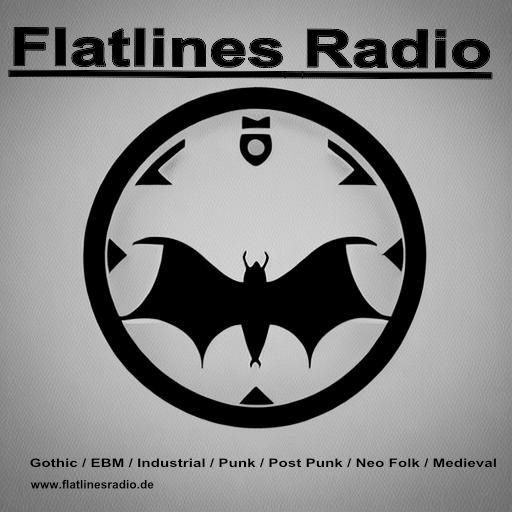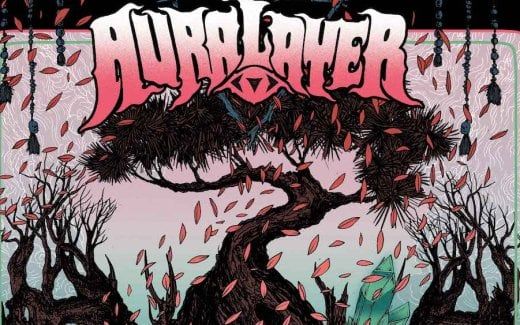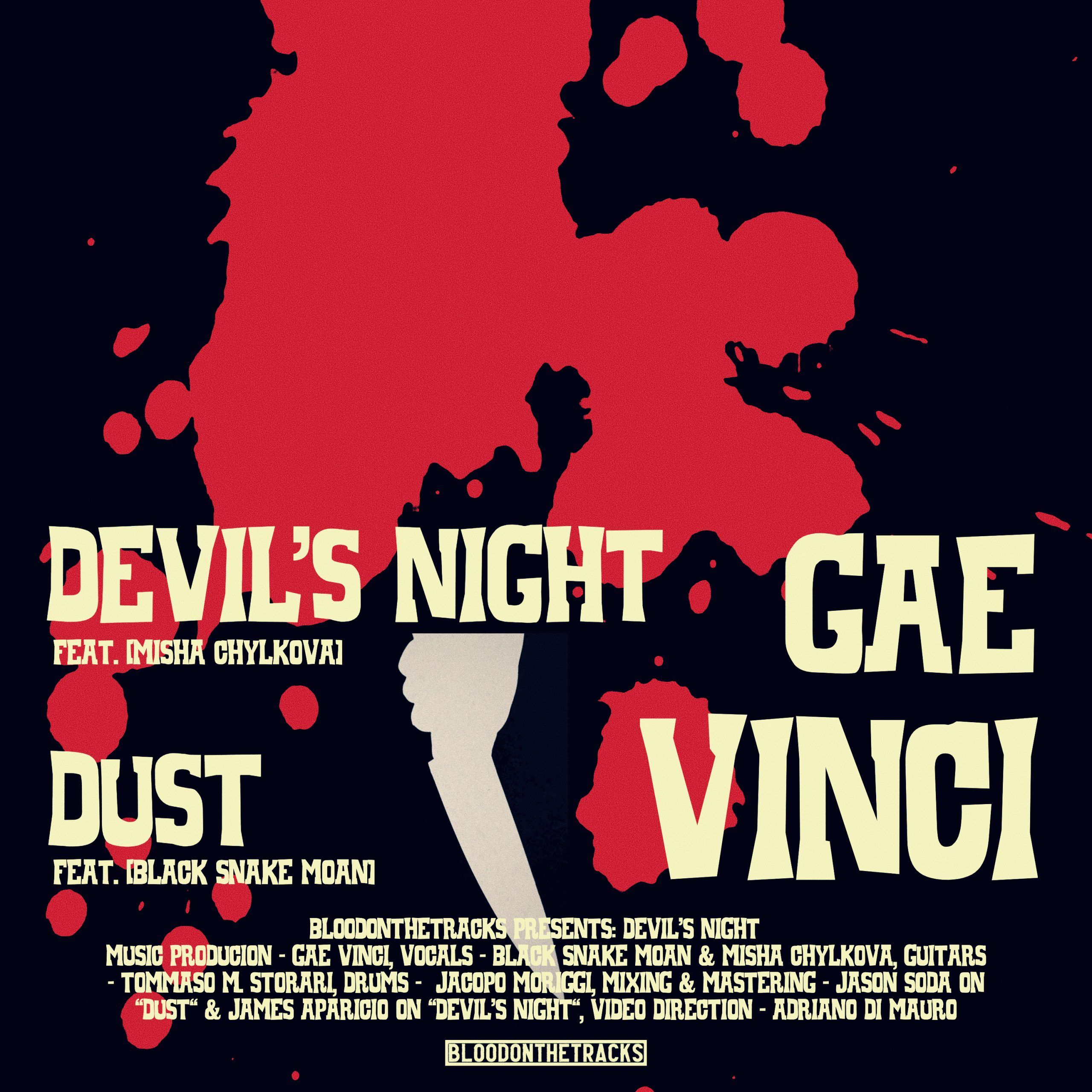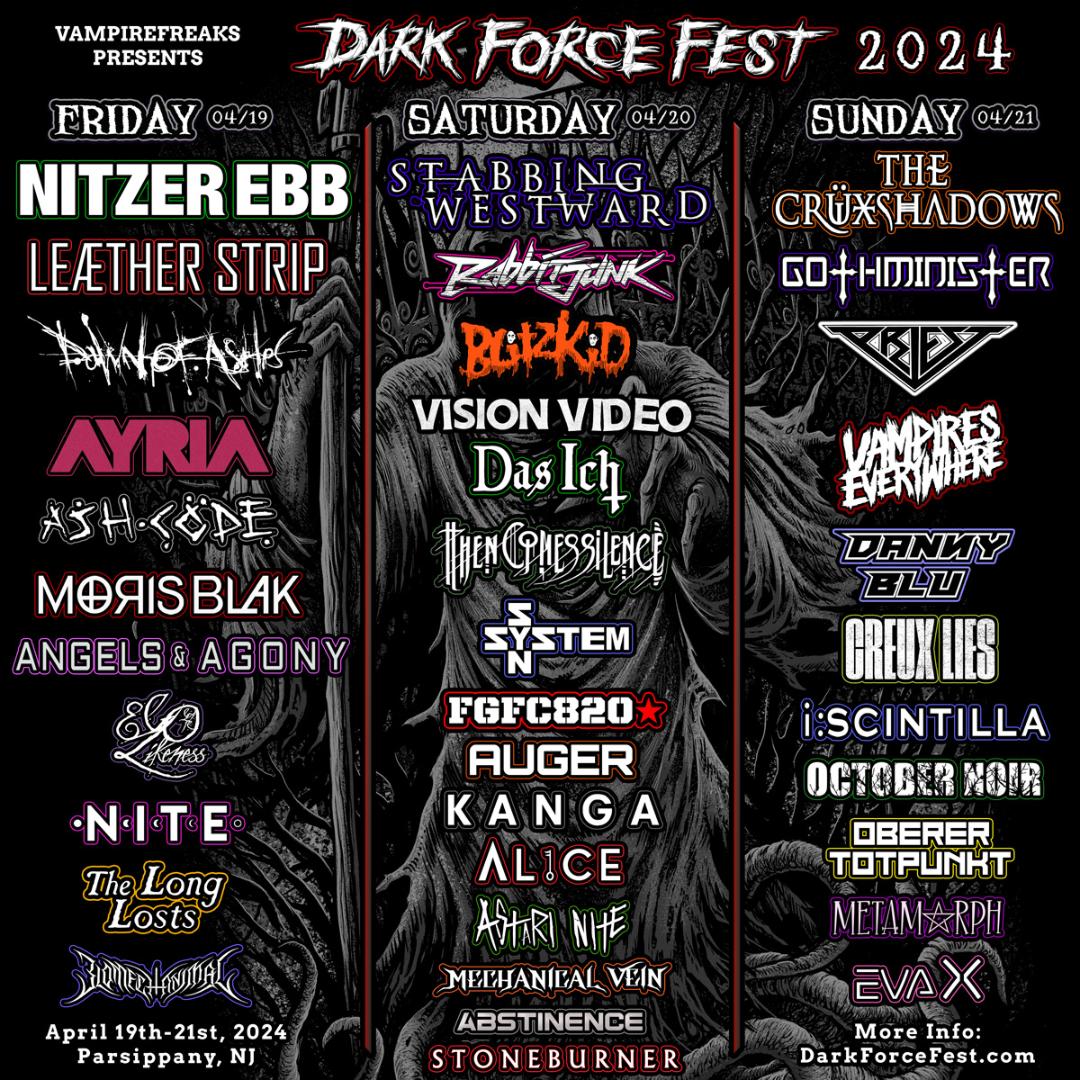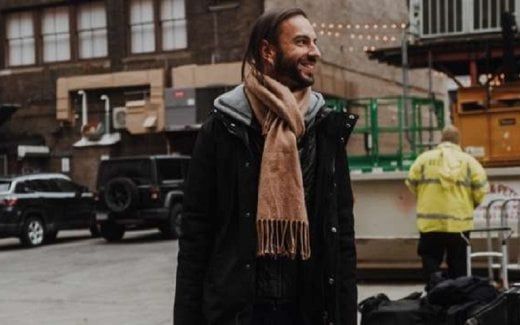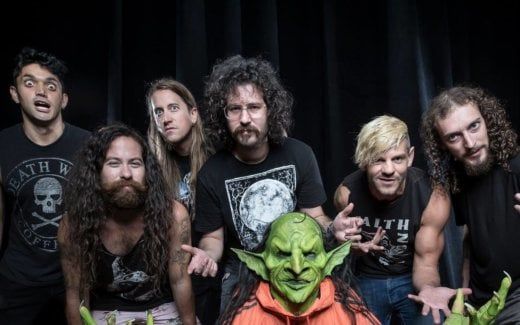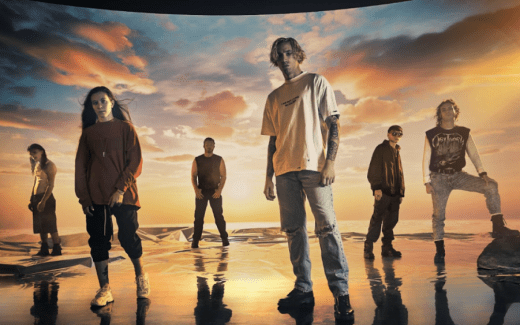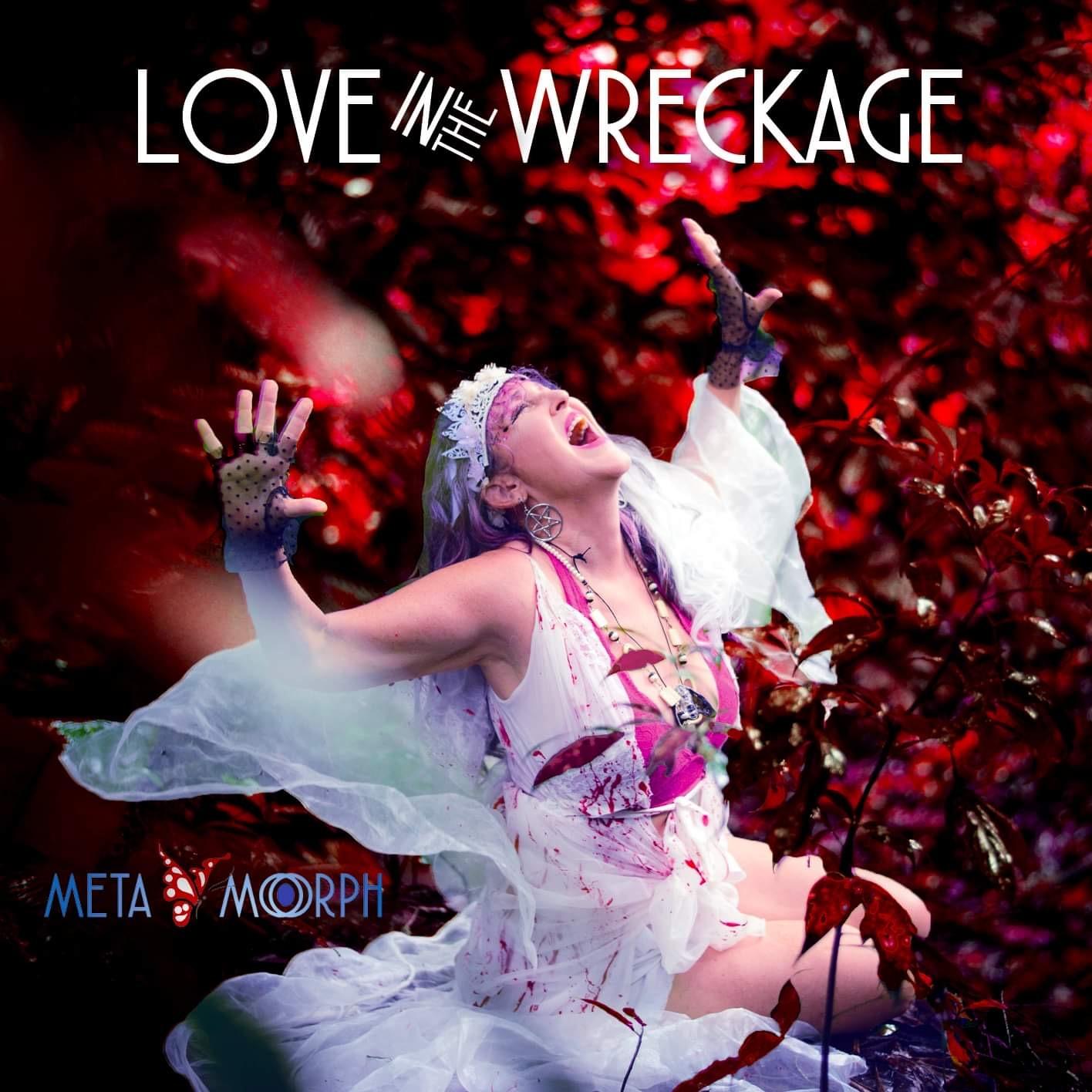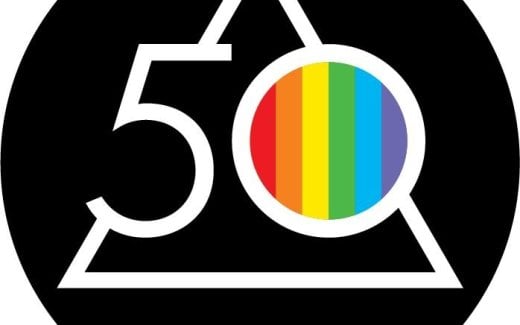Follow us on social media
Il Circolo – Interview
Follow us on social media
Projekt’s Sam Rosenthal was interviewed for the February 2024 issue of Il Circolo, an Italian printed publication, a local newspaper (I believe from Bergamo / Brescia area.)
This is the original English version of the interview:
In 1983 you created Projekt Records: would you try to explain to our readers (especially the youngest ones) how and why during those years an eighteen y.o. boy founded a recording label?
Sam: I never really thought I was starting a record label. I began making a music fanzine, Alternative Rhythms, in 1980/81. It was Xeroxed at first, later printed, and by the end in 1986 it had a monthly circulation of 25,000. Back in 1983 people would read about music, but it wasn’t easy to hear the music. Because of course we didn’t have the internet, you had to buy a cassette or LP from a band that you thought might be interesting. My idea was to make a compilation cassette of some of the electronic music I was covering in AR. I advertised the cassette in the zine, and left some on consignment at local record stores. That was the start of what became Projekt. In 1983 I was going to college for Journalism, it was never a plan to still be running a record label 40 years later.
Do you think something like this could be possible, today?
Sam: In some ways, it would be easier today. With streaming as the primary way people listen to music, a new label doesn’t have the expenses that Projekt had in our first 20 years. All those costs of manufacturing CDs, posters, postcards, etc. Somebody who is good at social promotion could get attention to their label’s releases without the overhead. There are so many ways that musicians can share their music now, which we didn’t have back then (Bandcamp, YouTube, social networking, etc.) But with that said, it’s still hard to get music heard. I repeatedly see self-released artists and small labels with no idea how to promote. They release great music, but does anyone hear it? Which is something Projekt offers to the artists I work with: promotion. Shea and I have been at this a long time. She’s worked for Projekt since 2001. We have fans waiting for new Projekt releases, and we have the ability to try to get press / radio / curator attention.
During the last 40 years the music industry has become a global phenomenon, with multinational corporations managing the system and basically deciding what people has to listen, and how long. How an independent label like Projekt Records manage to survive in competition with these giants?
Sam: I think what you describe was even more powerful 40 or 50 years ago. How many independent labels do you know from the 1960s or 1970s? Sun Ra was self-releasing his albums in that era, sure, and selling them at shows. However, most artists assumed they needed to get on a major label, until the Punk era, really. Then a lot of smaller labels sprouted up.
How I survived? I never had any business training, I never took a class. Maybe that was why I didn’t give up when others with more business sense would have. I just have a knack for it, I guess.
I don’t at all feel that the multinational corporations are telling everyone what to listen to. There is so much variety available on streaming sites, music can be put up by anyone. Back in the day the obstacle was having enough money to press an LP or a CD. They were expensive. THAT was the bigger limitation vs. what the major labels wanted us to listen to.
Projekt survives for many reasons. One of them: I pay the artists. So many labels have screwed over their artists, and they lose their talent. I prefer to do the right thing and pay people. Over the years, artists leave the label to pursue their own ideas, that’s natural. Nobody ever left because they were being ripped off, and I’m happy to say that. And there are some, like Steve Roach, that I’ve been working with since the early 90s.
Ultimately, Projekt survived 40+ years because I worked within the system. I got proper CD distribution in the late 90s when Projekt hooked up with Ryko Distribution; that got the releases through a major label distributor, while keeping Projekt’s financial and artistic independence. In Italy, I’ve worked with Audioglobe for 30 years; it’s a great relationship that makes the music available throughout Europe, and the world.
Selling records – or CDs – is part of your job: what is your position towards streaming platforms like Spotify or Amazon Music? And what do you think about an audience who listens to music without ever owning it, much less in a physical format?
Sam: As a record label, I want to meet the fans’ wherever their interest is. I am not tied to one format as the best format. It’s really whatever people want. For my own music (Black Tape For A Blue Girl) I am reissuing on CD, LP and even MiniDisc. Gotta give the people what they want! Personally, I stream. I seldom play a physical object. I’m a Spotify user because I like their user interface. It’s very logical, like a library. I love the reissues and deep artifacts labels release these days, like that 2022 Bowie Divine Symmetry album with 72 outtakes and live tracks from the Hunky Dory era. I love the way certain artists are mining the past for more music for us to enjoy. For me as a listener, it’s not about a deluxe 7 LP box set. I just want to hear the music.
One of the most visible aspects of Projekt Records’ production – regardless of musical genres covered – is the accurate selection of artists, allowing to the world to discover names become important points of reference for fans and musicians, like Lycia, Love Spirals Downwards or Voltaire, just to name a few. Which criteria you adopt for your choices?
Sam: Back in the early 90s, the criteria was “Music I like that fits with Black Tape For A Blue Girl (my band)’s already established fans.” There were a lot of debuts on Projekt in that era: Lycia, Love Spirals Downwards, SoulWhirlingSomewhere, Lovesliescrushing. Now, the criteria is, “Music that fits with artists already on Projekt.” Most of the releases these days are from artists that I think will appeal to Projekt’s core fan of ambient + electronic listeners. In the 90s, Projekt was much more of a darkwave/ethereal/post-rock label. There were some releases far outside the expected core, such as Aurelio Voltaire who debuted on the label in 1998 with The Devil’s Bris. Voltaire quickly became the #2 seller on the label. I have an eye for talent, I can see when a musician has the charisma and skills to be a success. For example, Italy’s Spiritual Front is a band I think could have done quite well in the USA, with the right label behind them. I wanted to license their albums for the USA, but their German label wouldn’t give me a chance to show Projekt could make a difference. Such is life! In 2023 Projekt released two new acts on the Darkwave side, Armenia’s VEiiLA Spotify Link and Italy’s DELREI Spotify Link. I received their demos, liked the music, and they have done quite well. They aren’t the ethereal/Darkwave people knew Projekt for in the 90s. VEiiLA is downtempo pop. DELREI is spaghetti-western-infused Americana.
These days, most of what Projekt releases is in the Ambient/Space Music/Drone genre. I release quite a lot of Italian artists. Jarguna, Lorenzo Montaná, Aglaia, Pietro Zollo, Alio Die. There’s something I really like about the organic ambient sound of Italian artists. I have a Spotify playlist for that side of the label:
In parallel with the managing of the label, you found also the time to express yourself as an artist through a lot of collaborations and different projects, most famous of which is Black Tape For A Blue Girl: how important is, for you, to continue to maintain the role of musician? And how it integrates with your job into Projekt’s Records?
Sam: BlackTape has released 13 albums since the debut in 1986. It’s a lot of good music, though of course I could have made a lot more if my focus was soley on that, vs. spending the majority of my time on Projekt. In 2020/2021 I released two ambient collaborations, and a new BlackTape album, the Cleft Serpent. I’ve been doing reissues of the older work, including a complete remix of BlackTape’s 2nd album from 1987, Mesmerized by the Sirens. I’ve been focusing on the label the last few years, and not really making new music, though I do play on a track from a new Projekt artist from Norway, Arin Aksberg, ”Homecoming” on his newest album, Bandcamp link.
Working on the label is a lot of work, Projekt has a new release nearly every week; there have been ~60 albums a year the last two years. Shea and I stay quite busy at that.
Forty years are a lot of time: could you ever imagine, in 1983, to drive your label to XXI Century, and as one of the most important figures into ambient – and more! – music scene? And what are Projekt’s projects for the next forty years?
Sam: In forty years I’ll be almost 100. If I get there, it would be surprising if I’m still running Projekt. Will “the kids” want the music that a 100-year-old finds interesting? (laughs). In 1983, I never imagined I was even “starting a label” so to still be doing it 40 years later is not what I imagined my life would be like.
I’m incredibly lucky that what I started as an offshoot of my fanzine turned into a career that’s paid my bills all these years, got my son to college, pays for the medicine my kitty needs (she and I have two collaborative albums, Nova Cat Purring Sounds ), and all the rest that it pays for. I’m very fortunate. I work at home, see the kitty, see my partner. I email with a lot of cool people who make music that I love listening to (and paying them royalties!) It’s really nice. For the next 40 years? More of the same. May everyone find a way to spend more time on whatever it is you love, and less time slaving away for somebody elses’ capitalism! Thanks for the interview, Luca.
